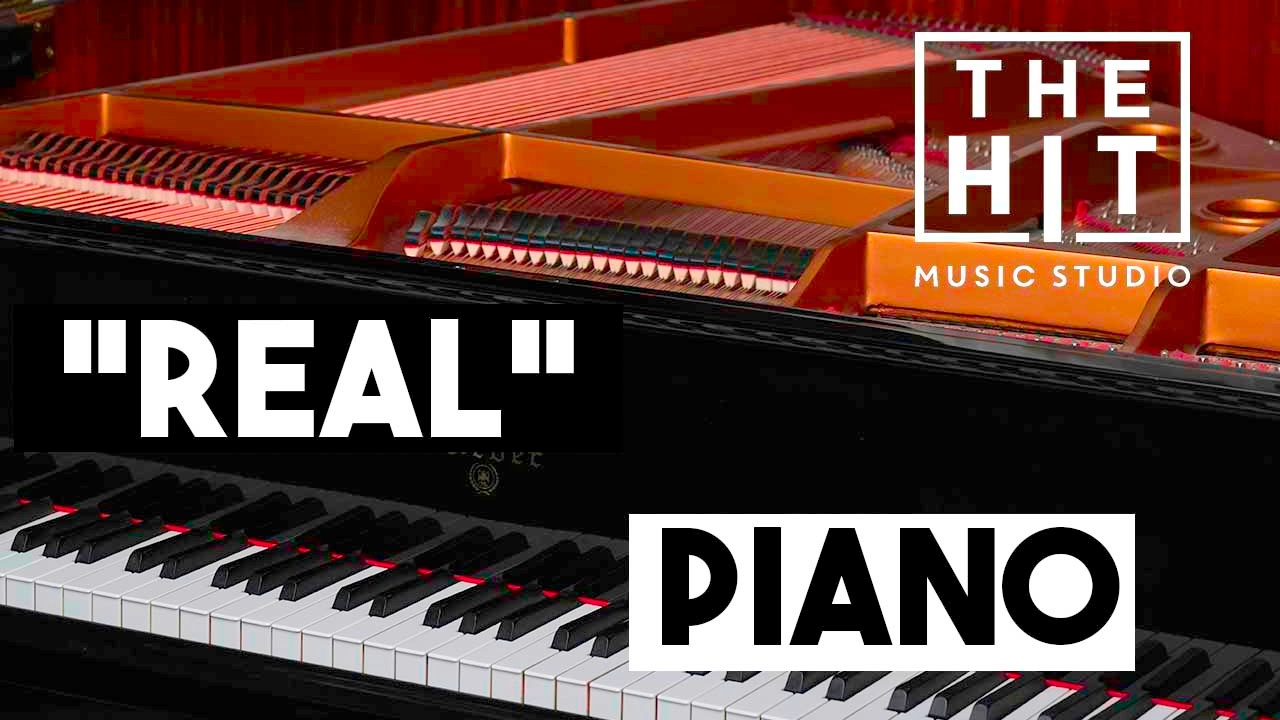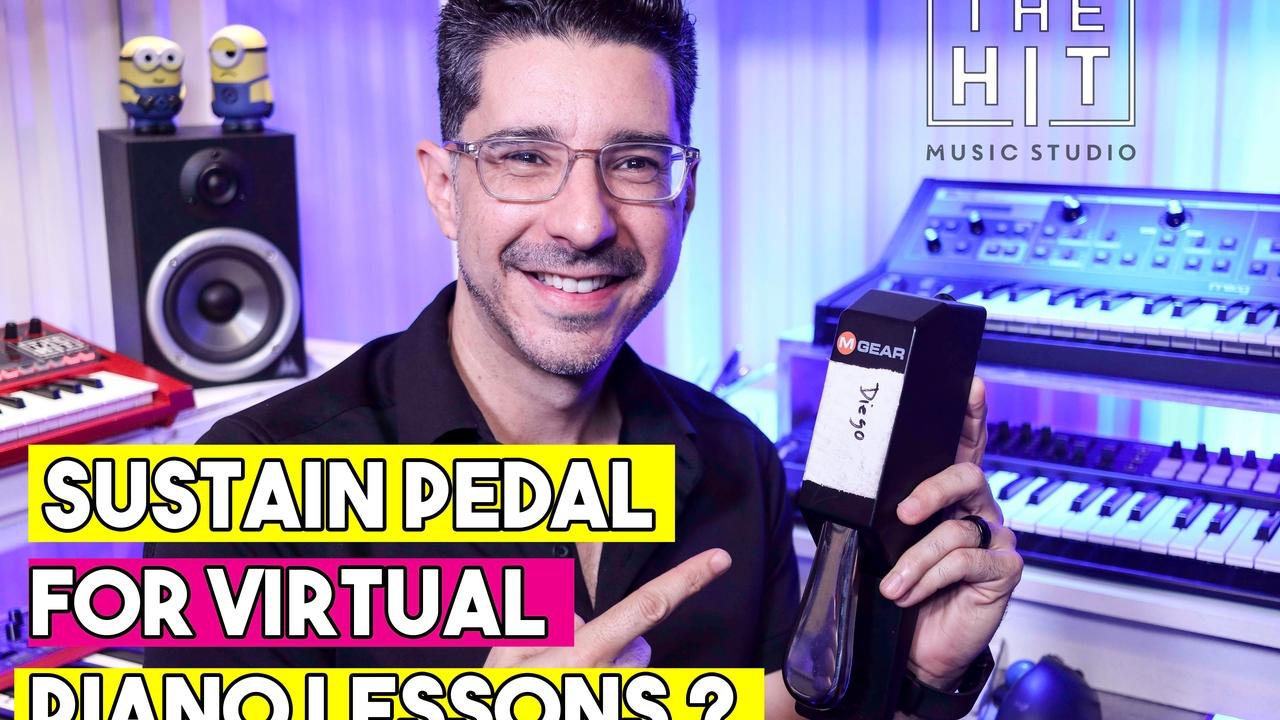Do you need a "real" piano to get started in lessons?

We often have customers ask us whether they should buy a “real” piano for their child who is about to begin lessons. We know that making the commitment to a big purchase like a piano can be quite intimidating. We’d like to help you answer that question!
What is a real piano?
The first aspect we’ll have to get straight is what a “real” piano is. When people think of a real piano, they’re probably thinking about those huge, beautiful instruments made mostly of wood that don’t require electricity to create music. These pianos, which are known as acoustic pianos, can easily cost thousands of dollars and take up a ton of space in your house. That thought alone can turn parents off to the idea of enrolling their children in lessons!
But there is good news in store: you don’t NEED to spend thousands to let your children experience the joy of learning to play piano. Even though they are wonderful and have many distinct features, the bottom line is that they are just not necessary for beginn...
Do you need a sustain pedal when taking piano lessons at The Hit? Wait! What is a sustain pedal?

Sustain pedals are great! So why are they not included with most keyboards and digital pianos? Simple: because you won't be using them that much in your first months of taking lessons.
In this article, we will discuss:
- What is a sustain pedal?
- Do I really need one?
- Which one should I get if I would like to purchase one?
- Extra tip: What to do if your keyboard or piano gets "stuck" when connecting a sustain pedal
So what is a sustain pedal?
A sustain pedal is a great addition when taking piano lessons at The Hit. First, let's give you a simple explanation. A sustain pedal makes the note sound longer without having to keep pressing the key.
Now let's get a bit technical: on an acoustic piano, the sustain pedal moves a series of dampeners away from a piano's strings. These dampeners are designed to touch the string and stop it from vibrating, essentially killing the sound right after your finger is removed from the key. When the dampeners move away from the string, the sound wi...
